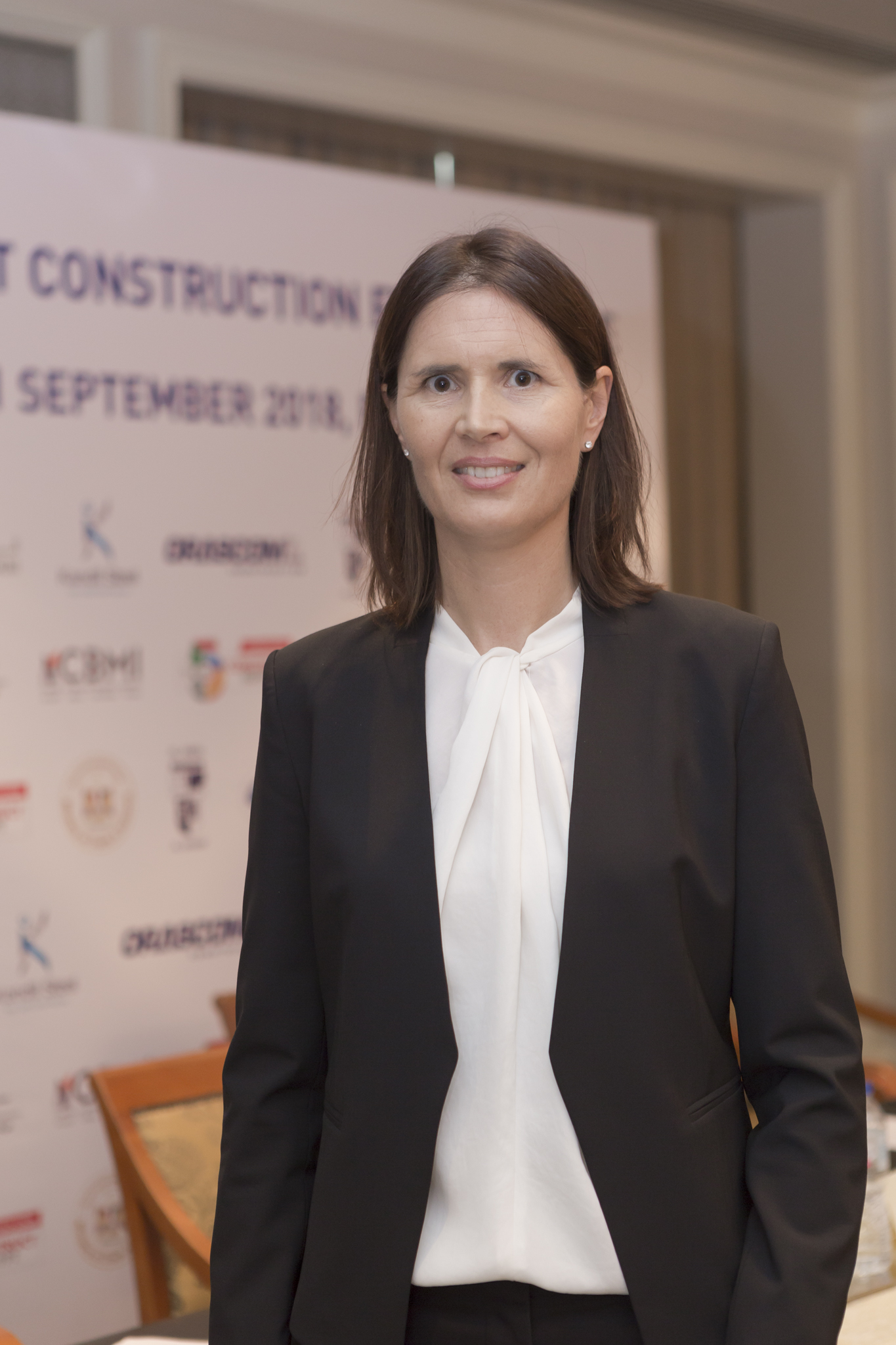The Commercial International Bank (CIB), the main shareholder in CI Capital, will retain a 28% share in the company in order to maintain the strength of the impact on the investment bank’s management according to the overlap of common interests with the bank in which the majority of CI Capital branches exist, according to sources informed of acquisition share’s details.
This acquisition includes consultations for merging, acquisition, and implementation of ownership transfer for bank’s clients and ownership of Corplease, the financial leasing arm founded by the CIB.
The sources added that the share will afford the CIB an easy flow of the investment bank’s operation based on the basics followed by the management, which will be coordinated with the main shareholders in CI Capital. They are headed by Alaa Arafa, who is expected to own the largest share among individual investors, which will account for no more than 10%.
The CIB announced on Thursday the signing of a purchase deal for 71.94% of the bank’s share in CI Capital Holding—the deal has a total value of EGP 683.4m, and a total company value of EGP 950m. The value increased by 2.8% compared to the value allocated by Beltone, worth EGP 924m.
The signing of the agreement took place between several senior Egyptian and Arab investors, including individuals and institutions, through a collection process of the purchase requests. The CIB had owned 99.98% of CI Capital.
As this sales deal is being implemented through the book building mechanism, it will not experience the usual competition through the usual tender according to a trial price decided by the selling party, but instead it will be according to a specific price of the share, agreed upon by CIB and individual investors, sources explained.
The sources noted that the documentation for the deal will be submitted to the Egyptian Financial Supervisory Authority (EFSA) within days in order to look into the investors’ documents. The deal does not include the agreement of the EFSA’s management board, because the deal will not include a connected group that owns a 33% share in CI Capital.
CIB disclosed that they intend to pose an initial public offering (IPO) for CI Capital’s shares in the stock exchange in order to make it one of the largest financial institutions in Egypt.
Mohamed Maher, the CEO of Prime Investment Bank, said the ownership can be distributed to new individual investors at a range of 3-10%, while the bank will possess the largest share of CI Capital and maintains its management professional model—which separates between ownership and management.
He explained that this management model is similar to EFG Hermes, which depends on distributing equity among a number of investors with a 30% share in the company. This is a preliminary indication that CI Capital management will not be negatively affected by the presence of a large number of shareholders in the company instead of having one major shareholder represented in the CIB.
A former official at CI Capital believes that the CIB fragmentised the purchase tender between a large number of investors, rather than selling it to a financial or strategic investor to avoid the condition that stipulates completing the tender following approval from the EFSA’s board of directors.
He pointed out that most of the applicants for buying CI Capital lack experience in financial activity, which must be examined accurately by the EFSA to guarantee that the future of one of the largest investment banks in Egypt is preserved.
The EFSA rejected Q-Invest Company’s offer to acquire EFG Hermes due to its lack of financial experience necessary for owning and managing EFG Hermes. The EFSA must follow this example when reviewing investors’ documents for purchasing CI Capital.
CI Capital manages assets worth more than EGP 9bn. The company owns Knowles company for financial leasing, and a 9.1% market share of the securities market in the Egyptian Exchange (EGX) during the first 11 months of 2016.




